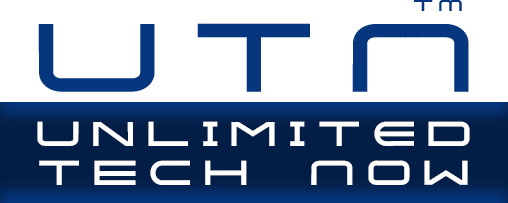For small businesses, efficient technical support is crucial in maintaining smooth operations and providing exceptional customer service. However, establishing and maintaining a dedicated technical support team entails costs that need careful consideration. In this article, we will explore the various factors that contribute to the cost of running a technical support team for a small business.
- Staffing Costs: The primary expense associated with a technical support team lies in staffing. This includes the salaries, benefits, and training of team members. In the UK, the average salary for a technical support representative ranges from £18,000 to £25,000 per annum, depending on experience and location. Small businesses may opt for a smaller team initially to manage costs, gradually expanding as the demand grows.
- Infrastructure and Equipment: To provide adequate technical support, a small business needs to invest in suitable infrastructure and equipment. This includes computers, software licenses, communication tools, network systems, and office space. The costs for these items can vary significantly depending on the size of the team and the complexity of the business’s technical requirements.
- Training and Development: Technology is constantly evolving, necessitating ongoing training and development for technical support staff. Courses, certifications, and workshops enable employees to stay updated with the latest advancements, ensuring that they can provide competent assistance to customers. The cost of training and development programs should be factored into the overall budget.
- Software and Tools: Technical support teams rely on various software applications and tools to diagnose and resolve customer issues efficiently. These may include ticketing systems, remote desktop software, live chat platforms, and knowledge base management systems. The costs associated with these software solutions, along with their licenses and maintenance, need to be considered.
- Outsourcing vs In-House Support: Small businesses can choose between outsourcing their technical support needs or establishing an in-house team. Outsourcing can be cost-effective, as it eliminates the need for maintaining infrastructure and hiring dedicated staff. However, it may also limit control over the support process. In-house support provides more direct oversight but requires investment in personnel and resources.
- Workload and Service Level Agreements: The volume and complexity of customer support requests impact the cost of running a technical support team. Establishing service level agreements (SLAs) helps define response times and the level of support provided. Balancing workload and staffing levels effectively is vital to ensure customer satisfaction while keeping costs manageable.
- Maintenance and Upgrades: To maintain a high-quality technical support team, regular maintenance and upgrades of equipment and software are necessary. Hardware repairs, software updates, and licensing renewals should be factored into the budget. Proactive maintenance reduces downtime and enhances productivity.
- Metrics and Performance Tracking: Monitoring the performance of the technical support team is essential for continuous improvement. Implementing key performance indicators (KPIs) allows businesses to measure response times, customer satisfaction, issue resolution rates, and other relevant metrics. Analyzing these metrics helps identify areas for improvement and optimize costs.
Running a technical support team for a small business in the UK comes with various costs. Staffing, infrastructure, training, software, and maintenance all contribute to the overall expenditure. Small businesses must carefully assess their needs and strike a balance between quality support and cost-effectiveness. By considering these factors and investing wisely, small companies can build a reliable technical support team that delivers excellent customer service and fosters business growth.

